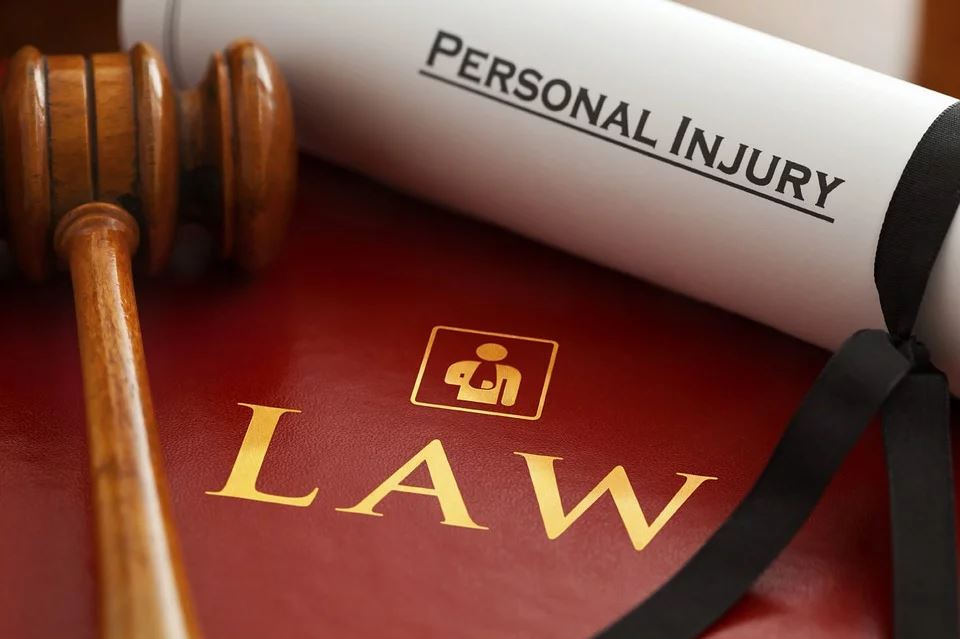Have you been hurt in an accident due to negligence or because of someone else’s criminal behavior? You have the right to file a personal injury claim against someone who has harmed you. Filing a claim can be a challenge, which is why a number of people opt to hire a lawyer.


Whether you decide to partner with a lawyer or not, you will need to consider several factors. You may not know much about filing a personal injury claim. Here are four important things you need to think about when filing your claim against the person who hurt you.
1. Can You Prove Your Case?
One important thing to consider before you set out to file a claim is whether you will be able to prove your case. Do you have enough evidence that demonstrates fault?
For instance, can a witness prove that you were injured because of someone else’s careless behavior? Do you have photo or video evidence that can prove that someone else caused the accident that injured you?
Proving your case is crucial, as you won’t be able to win financial compensation unless you prove your case. Make sure that you have enough evidence to prove your case before you set out to file your claim.
For this reason, working with a dedicated personal injury lawyer is an excellent idea. They can help support your claim and establish the opposing party’s liability. For example, they can use your medical records and expert testimonies to demonstrate that the other party’s negligence was the proximate cause of the accident that injured you.
Hence, if you’re looking for the right personal injury lawyer for your case, check out some reliable websites and online resources to learn more information.
2. Do You Have Damages?
Another thing to consider when filing an injury claim is whether you have damages or not. If you didn’t really sustain any damages in your accident, you probably won’t be able to file a claim. For instance, if you are in a minor fender bender in which no one was hurt and the property damage was negligible, you might not want to file a claim.
You will need to prove that you actually suffered damages from your accident if you hope to win your case. In most cases, filing a personal injury claim allows you to recover compensation for economic and non-economic damages, depending on the unique circumstances of your case.
Economic damages are those which can be measured and verified. Some examples of these damages include medical bills and lost income. On the other hand, non-economic damages are subjective and unquantifiable. Some examples include loss of enjoyment in life and pain and suffering.
So, if you believe you’ve suffered any of these damages because of the accident, initiating a personal injury claim against the at-fault party can be the best decision. With the help of a lawyer, you can hold the other party liable and receive the compensation you deserve for all the losses you’ve sustained.
3. Has the Time Limit to File Passed?
Another important thing to think about when you set out on the personal injury claim path: Has the time limit for filing a claim passed?
Every state has a time limit for filing personal injury claims. That time frame is often known as the statute of limitations for personal injury cases. If the time frame for your state has passed, you won’t be eligible to file a claim to receive a settlement. Check to see if you are eligible to file a claim before you begin.You can also seek assistance from a personal injury lawyer to
determine if you have a valid claim.
4. Should You Get Help with Your Case?
Finally, you might want to consider getting help with your claim. A lot of injured people don’t have the time, energy, mobility, or legal knowledge needed to file and win a claim. You don’t have to do this alone, though. A personal injury attorney can help you with each step of the personal injury claim process.
Getting help with your claim could mean winning your case, and winning is what it’s all about. You need to win in order to receive the financial compensation you deserve after being hurt in an accident that someone else caused.
_____________________________________________________________
Interesting related article: “What is an Occupational Injury?”
